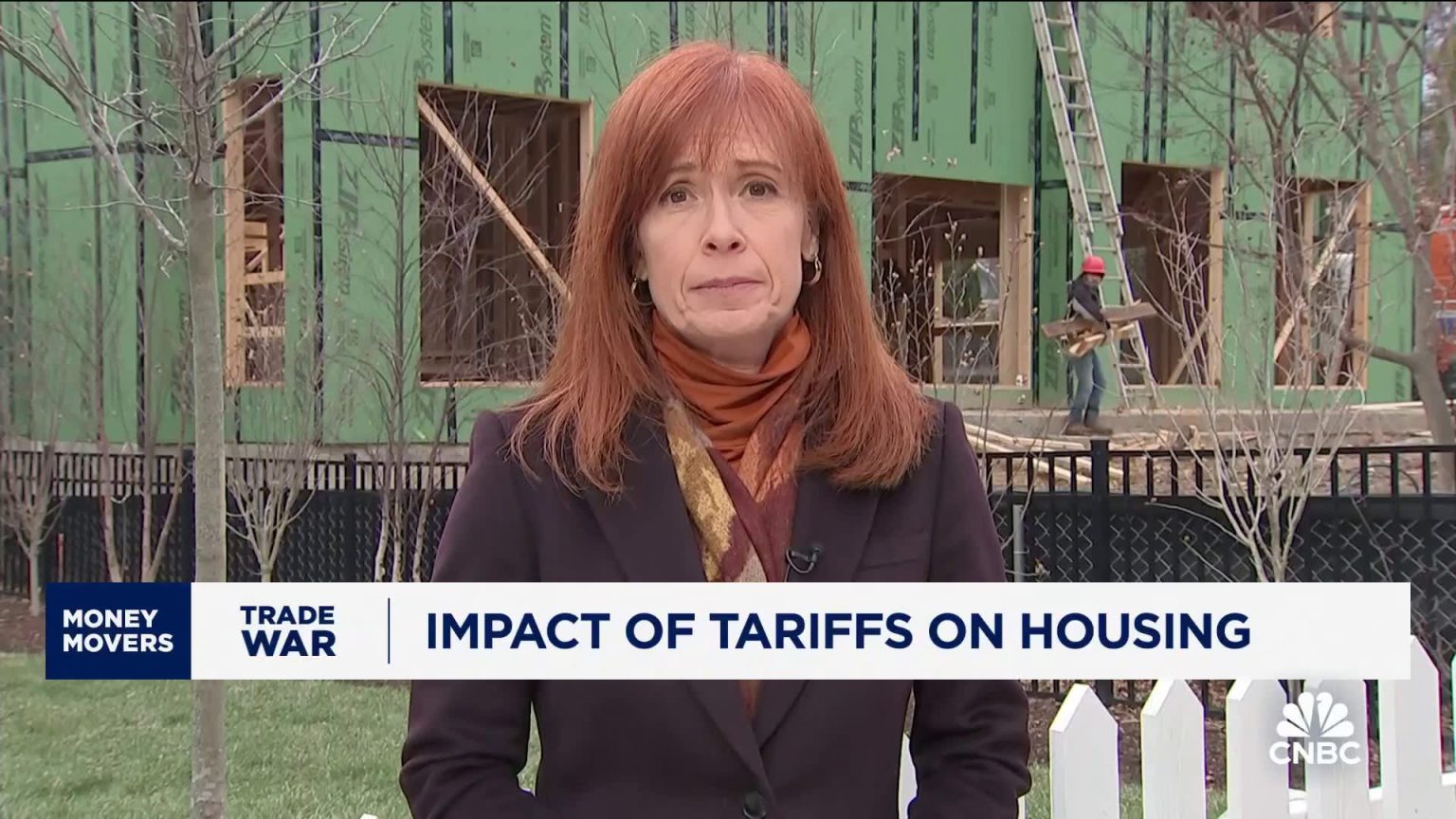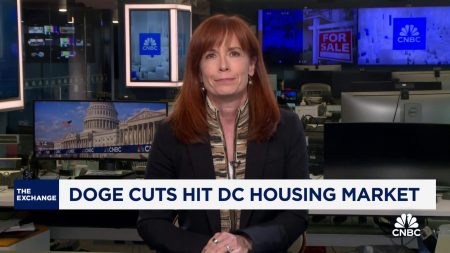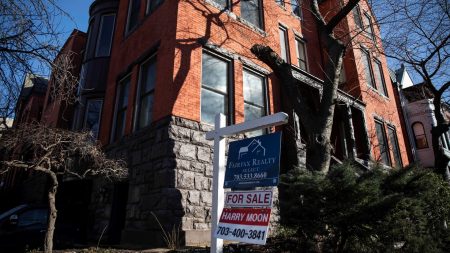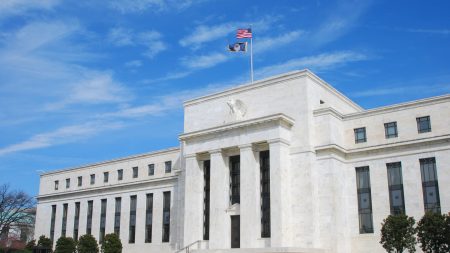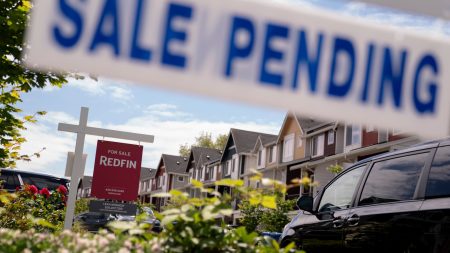The Current Housing Market Landscape
The housing market is at a critical juncture, facing challenges from rising costs and supply chain disruptions. As demand for housing continues to outpace supply, affordability becomes a pressing concern for many prospective homebuyers. This situation is exacerbated by the increasing costs of materials and labor, which have been steadily rising over the past few years. These factors are converging to create a perfect storm that could have significant implications for the broader economy.
Understanding Tariffs and Their Impact
Tariffs, taxes imposed on imported goods, are a tool used by governments to regulate trade and protect domestic industries. While they can provide a competitive advantage to local businesses, they can also lead to higher costs for consumers. In recent years, tariffs imposed by the Trump administration on imported building materials have had a direct impact on the construction industry. These tariffs have resulted in increased costs for materials such as steel, aluminum, and lumber, which are critical components of homebuilding. The ripple effects of these tariffs are being felt across the industry, affecting not just builders but also homebuyers.
Rising Construction Costs: A Growing Concern
The rise in construction costs is a pressing concern for the housing industry. According to data from the National Association of Home Builders (NAHB), the cost of materials and labor has increased significantly in recent years, contributing to higher home prices. These increased costs are making it more difficult for builders to construct affordable housing, exacerbating the existing housing shortage. The NAHB has highlighted that tariffs on imported building materials are a major contributor to these rising costs. For instance, tariffs on Canadian lumber have led to a substantial increase in the cost of this essential material, which is widely used in home construction. Similarly, tariffs on steel and aluminum have driven up the cost of framing, roofing, and other structural components. These increases are ultimately passed on to consumers, making homes less affordable for many Americans.
The Homebuilder Association’s Plea: Exempt Building Materials
In light of these challenges, the NAHB has issued a call to action, urging the Trump administration to exempt building materials from tariffs. The association argues that such an exemption would help mitigate the rising costs of construction and make housing more affordable for American families. The NAHB emphasizes that the tariffs are having a disproportionate impact on the housing industry, which is already grappling with supply chain disruptions and labor shortages. By reducing the financial burden imposed by tariffs, the association believes that builders can continue to construct homes at a more affordable price point, helping to address the nation’s housing affordability crisis.
The Broader Economic Implications
The impact of tariffs on building materials extends beyond the housing industry, affecting the broader economy. Higher construction costs can lead to slower economic growth, as housing construction is a significant contributor to GDP. Additionally, less affordable housing can have a ripple effect on consumer spending, as individuals and families allocate a larger portion of their income toward housing costs. This can lead to reduced spending in other sectors, further slowing economic growth. The NAHB argues that exempting building materials from tariffs is not only a matter of supporting the housing industry but also of promoting broader economic health.
A Call to Action: Balancing Trade Policy and Economic Growth
The NAHB’s request for tariff exemptions on building materials is a call to balance trade policy with economic considerations. While tariffs are intended to protect domestic industries, they can have unintended consequences that harm other sectors of the economy. The association is urging policymakers to consider the broader implications of these tariffs and to take steps to mitigate their impact on the housing industry. By exempting building materials from tariffs, the NAHB believes that the government can help to stabilize construction costs and promote affordability in the housing market. This approach would not only support the housing industry but also contribute to the overall health of the economy, ensuring that American families have access to affordable housing while maintaining a competitive and balanced trade policy.


